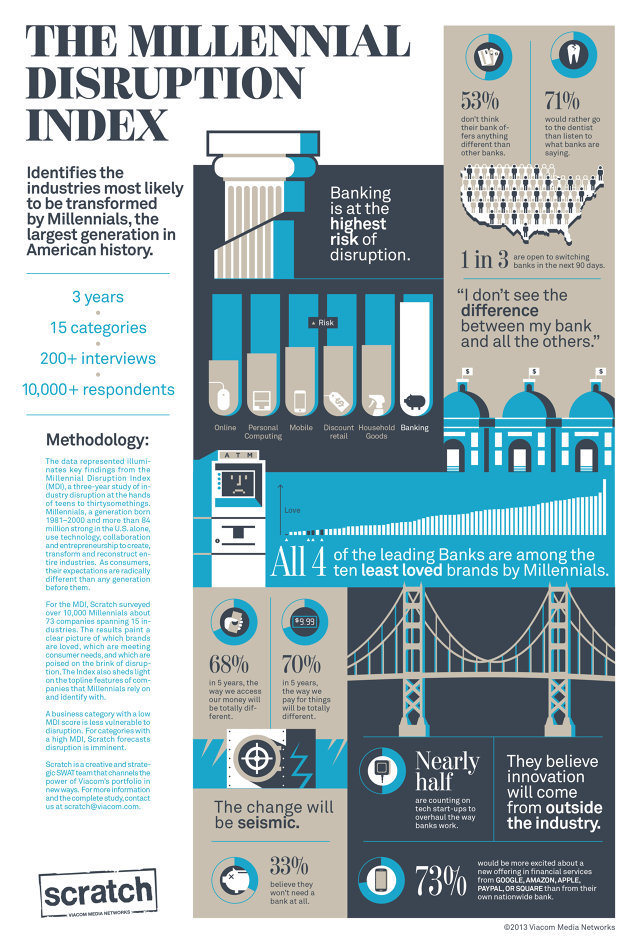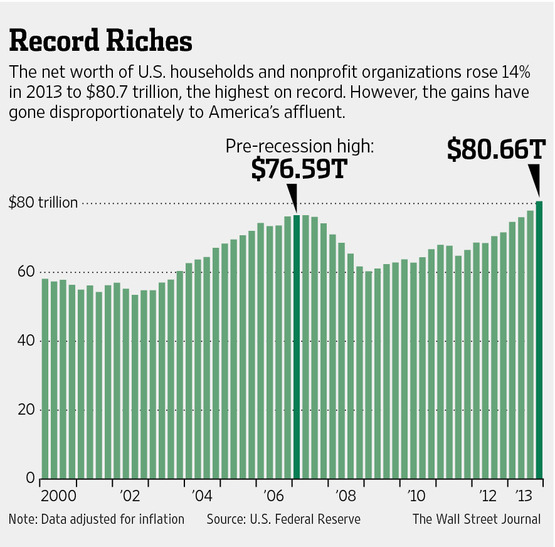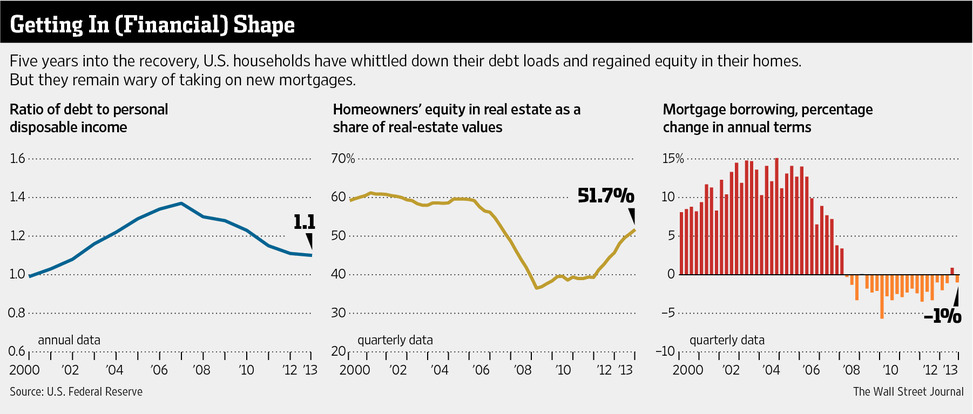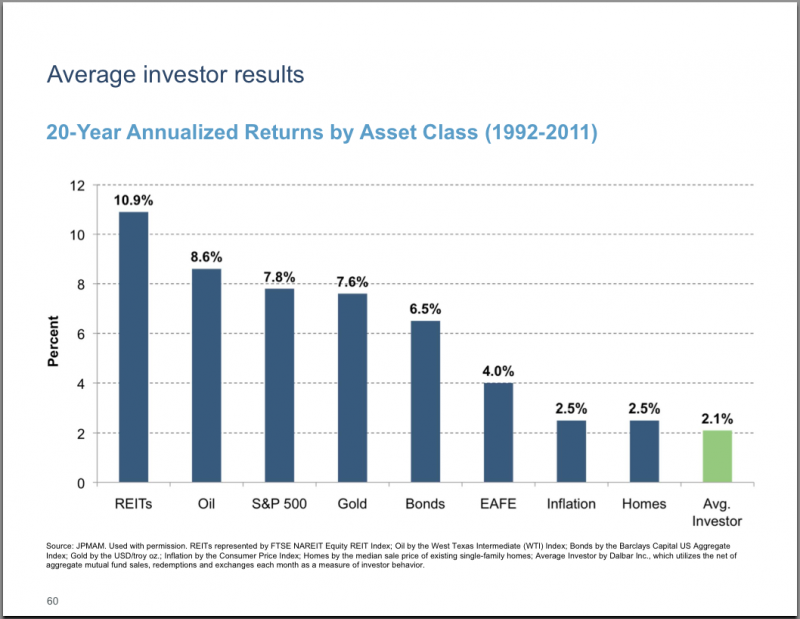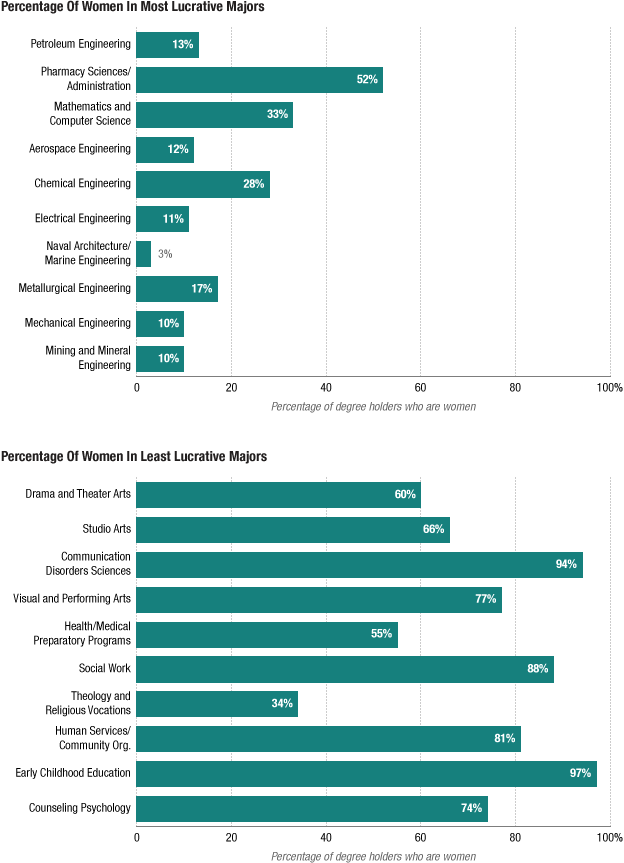Skin in the Game?

Would you eat at a restaurant where the chefs didn’t eat their own cooking? Would you have joined the Hair Club if the president weren’t also a client? Then why would you invest according to an advisor’s guidance if that advisor doesn’t follow his or her own advice?
Portfolio manager Mebane Faber recently wrote,
Next time you sit down with your advisor, ask him or her a simple question:
How do you invest your own money?
Don’t settle for a simple “well, uh, I have some stocks and bonds, and, umm, some CDs”…ask them specifically what their allocation percentages are, and what funds they use etc. Many find it very uncomfortable to disclose and many will refuse to do so!
As far as fund managers, many managers don’t even invest in their own funds. (Here are a few articles on how little managers invest in their own funds here, here, and here.)
In addition, many commentators are willing to provide you with plenty of advice but just try getting them to disclose how they invest their own money – impossible! How many commentators can you identify that invest in their own funds and are transparent with where they invest? They are happy to give you advice, but forbid they tell you how they invest!
We Eat Our Own Cooking!
The principals of NorthStar Capital Advisors place nearly all of their investable wealth in the same type of diversified stock and bond portfolios that we manage on behalf of our clients. We also inform and educate our clients on how we are cooking via this weekly blog, quarterly performance reports, and around the clock access via phone and email.




